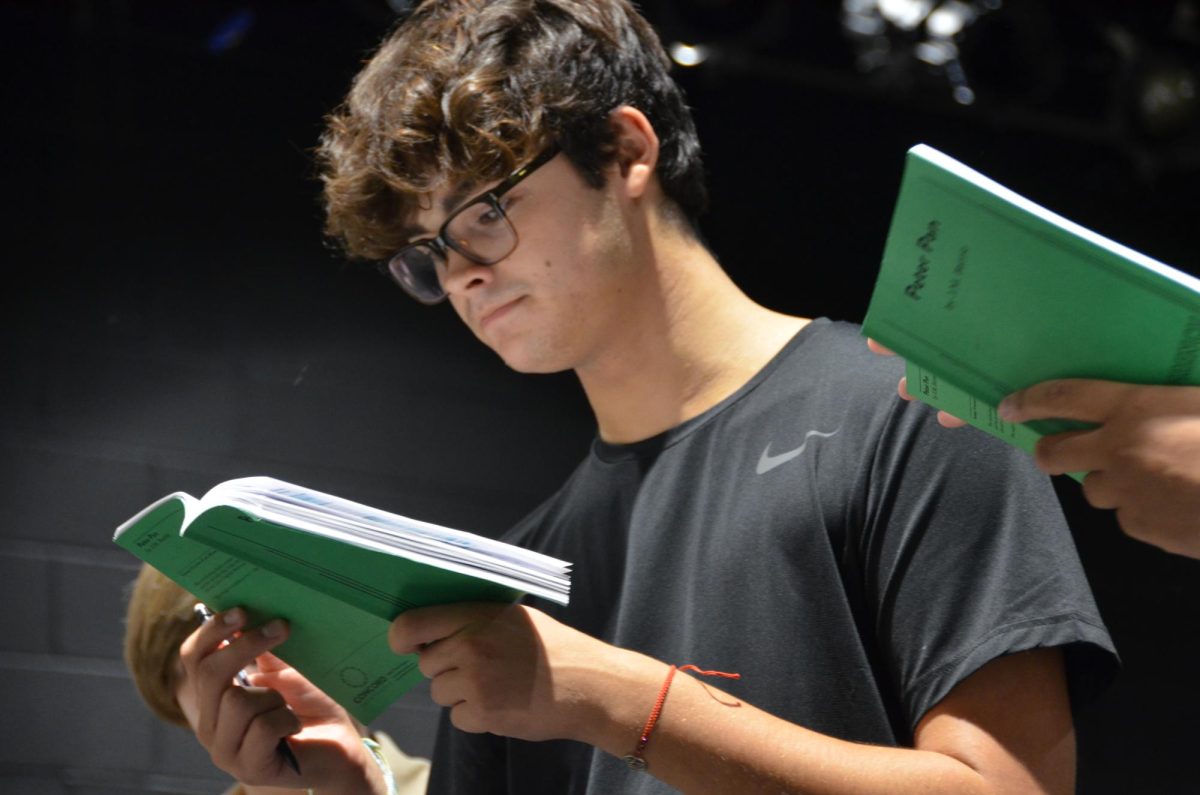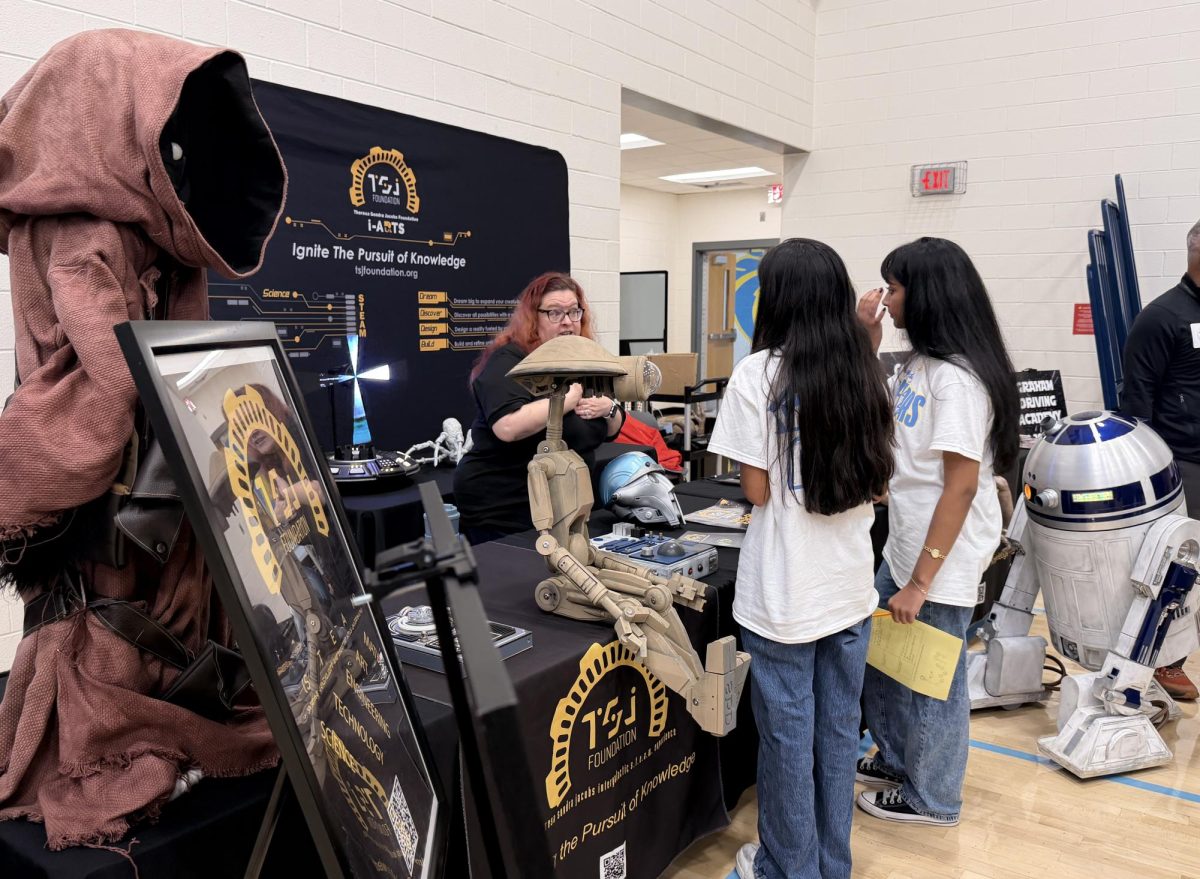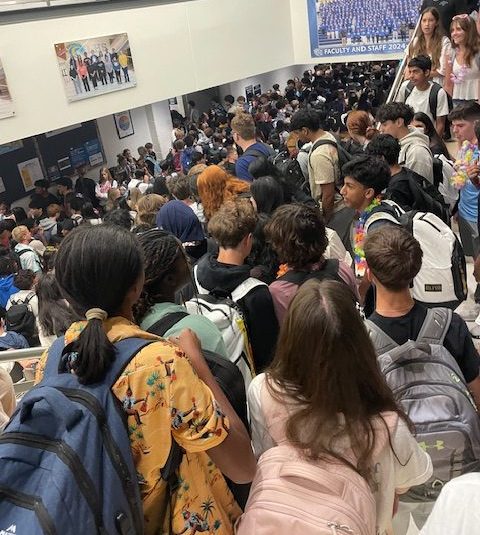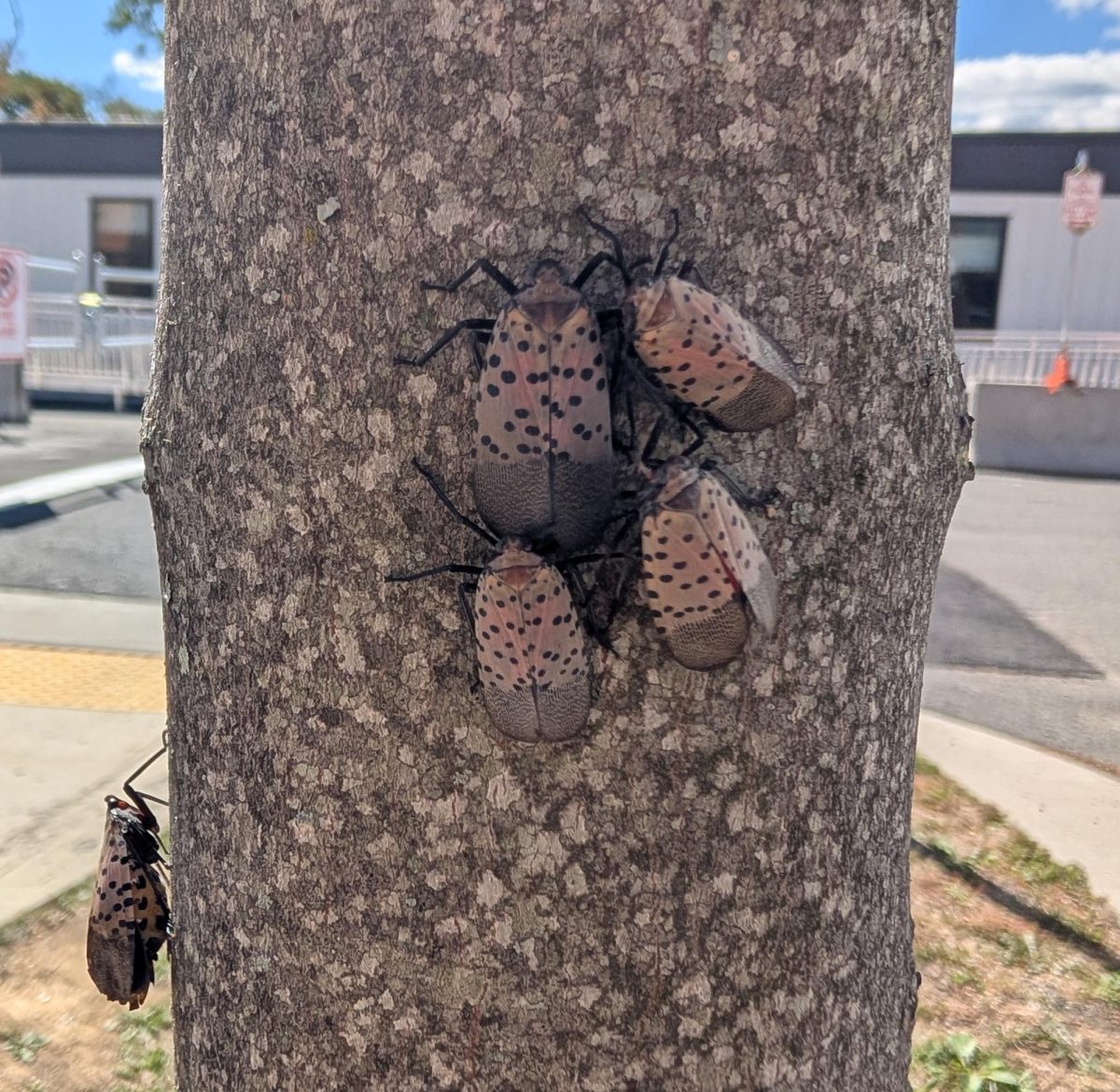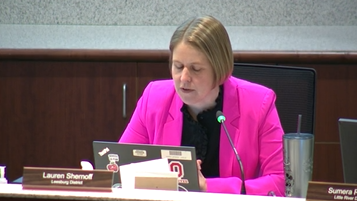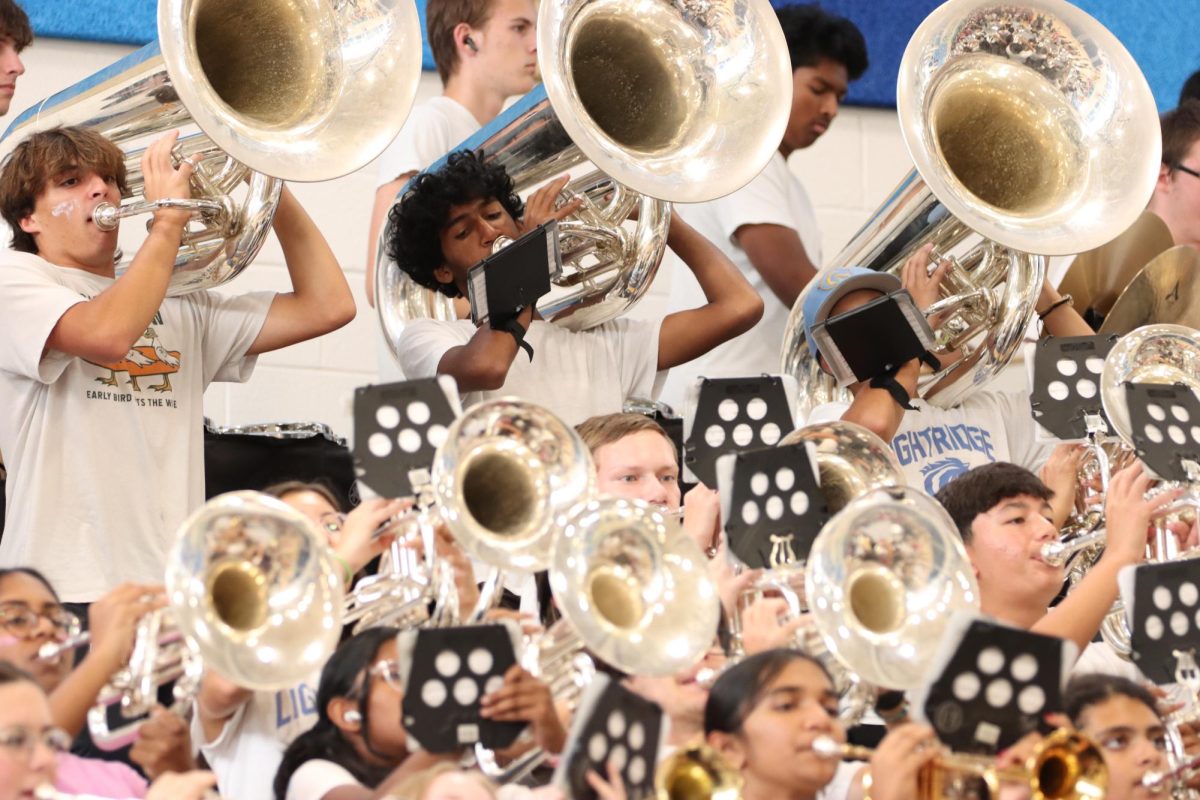On May 2, the Writers Guild of America (WGA), a labor union that represents the writers in the entertainment industry, and the Screen Actors Guild-American Federation of Television and Radio Artists (SAG-AFTRA), another labor union that supports artists in the media field, went on strike to fight for equal opportunities in the entertainment industry. Writers and actors getting less pay, less safety, and being the alternative to AI, resulted in them going on strike in an effort to get all-around better working conditions and pay.
Aimee Lyman is a senior who has been a part of Lightridge Theatre productions for all four years of the troupe’s existence. Lyman plans on pursuing acting and writing for film, but with the recent uproar about the fair working conditions, she is afraid moving forward in the industry may prove even more of a challenge.
“You have less opportunities to go for without being considered a scab,” Lyman said of the new guidelines from the unions. This uncertainty is causing her to consider a backup plan involving creative writing and marketing. In this way she can be a part of the entertainment industry without directly being in it.
When asked about the duration of the strike, Lyman indicated that she hoped it would not last much longer. However, the looming prospect of members of the video game industry joining the strike makes her pessimistic.
“It just seems to be getting worse,” said Lyman.
As for the general guidelines that are enforced by SAG-AFTRA and WGA, Lyman agrees that the rules are reasonable because actors and writers in the industry are looking for secure jobs without risks of being replaced by AI.
“Actors and writers aren’t asking for much,” said Lyman in response to the Alliance of Motion Picture and Television Producers (AMPTP) failing to agree to a new Collective Bargaining Agreement (CBA). The CBA is a negotiated contract between an employer and employees. If the AMPTP is persistent in not accepting a new CBA, Lyman worries the industry will eventually fall apart.
“They need to understand that actors are humans,” Lyman said.
Jude Cabral, another senior who wants to pursue a career in theatre, plans on earning a BFA in musical theatre or BA in acting.
“It will be harder to find work due to no work happening,” said Cabral. “Without writers, there’s no show. Without actors… there’s no show.”
Cabral focused on how his ability to perform as an actor can be negatively impacted because there aren’t any new shows being written.
“I mean it could end tomorrow, or it could end in ten years,” said Cabral in response to the length of the strike.
Cabral also believes that pay is a crucial reason as to why actors and writers are striking. The senior mentions Taylor Swift and her recent re-recordings as a comparison to the strike. Since Swift didn’t own some of her music due to her old label, she re-recorded her old songs in order to regain financial and creative control of her old music.
“Actors and writers want money for what they made and what they were in,” said Cabral to illustrate the similarities between the two events. Because streaming platforms have become so popular in the past few years, Cabral emphasizes the need for actors and writers to be paid for work that appears on streaming platforms, something that doesn’t happen under the current system.
As of Wednesday, September 27, the writers’ strike has come to an end. Although the WGA has come to an agreement with the AMPTP, the actors are still on strike. It is uncertain when the film industry can return to its original condition, but Lyman and Cabral both hope it will resolve soon.

